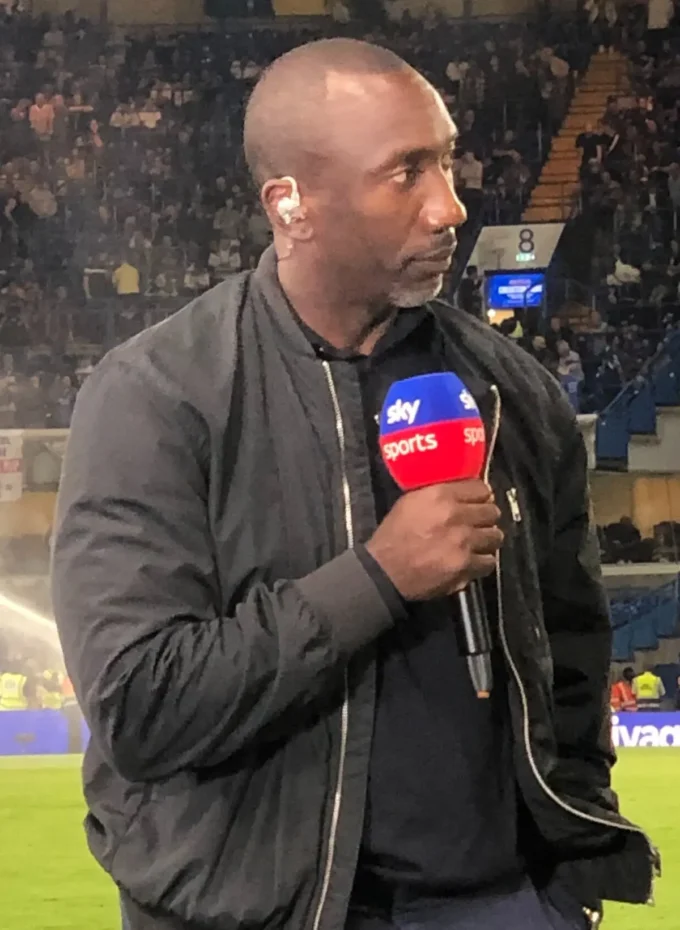In the high-stakes world of football transfers, a player’s decision often comes down to more than just money or prestige. Sometimes, it’s about belief—belief in a manager’s system, belief in a club’s project, and, most importantly, belief in oneself. This summer, Liam Delap faced that exact choice. According to reports, the young striker had a compelling offer from Manchester United but chose to sign with Chelsea, even after being explicitly told the Blues were also bringing in another high-profile striker, João Pedro. It was a decision that raised eyebrows, but one that speaks volumes about Delap’s self-confidence and his faith in the vision being sold to him at Stamford Bridge. In a window often defined by chaos, Delap’s clear-headed choice stands out as a calculated bet on his own future.
The move itself was completed relatively early in the window, a sign of Chelsea’s determined pursuit. They identified Delap, the former Manchester City prospect, as a long-term number nine and moved quickly to secure him. The Blues’ project under Enzo Maresca was apparently a powerful draw. However, as The Athletic reported, Manchester United made a late attempt to swoop in and sway the player. Their tactic was to highlight the increased competition for minutes at Chelsea, pointing to the imminent arrival of the proven João Pedro from Brighton. It was a logical argument, the kind often used to plant a seed of doubt in a player’s mind. But for Delap, it wasn’t a deterrent; it was just noise. He remained convinced of his role in Chelsea’s plans, believing he could carve out a key position for himself regardless of who else was in the squad.
Also read: Empty Nests and New Beginnings: Where the Gaines Kids Are Building Their Futures
The Allure of the Project Over the Promise of Minutes
What makes Delap’s decision so fascinating is the sheer level of self-assurance it required. Most young players, especially when moving to a massive club, might be wary of immediate, established competition. João Pedro wasn’t just another signing; he was a player coming off a strong season who would immediately help Chelsea win a Club World Cup. Yet, Delap looked at the same situation and saw an opportunity, not a obstacle. He was reportedly “sold on the club’s long-term vision,” a phrase that gets thrown around a lot in football but seems to have been genuinely believed here.
This suggests that Chelsea’s pitch was incredibly effective. They didn’t just promise him a spot on the roster; they outlined a clear pathway for his development, positioning him as a central figure in the team’s future. His playing style—a blend of physical presence and sharp, intelligent movement—is seen as an ideal fit for Maresca’s system, a role he may have felt was less clearly defined at Old Trafford. By choosing Chelsea, Delap wasn’t just selecting a club; he was selecting a specific footballing identity and a manager who believed he could be a cornerstone of it. You have to admire that kind of conviction in a 21-year-old.
A Tale of Two Windows for Chelsea
Delap’s signing, along with that of João Pedro, represents the bright, efficient side of Chelsea’s transfer strategy. These were early-window moves, targeted and executed with purpose. Pedro’s instant impact, contributing to a Club World Cup victory, immediately justified the investment and showcased the kind of winning environment Delap was buying into. It was a statement of intent from the club, proving they could attract talent capable of delivering silverware immediately.
Also read: The Double-Edged Scalpel: Kris Jenner’s Honesty About Surgery Reveals a Deeper Insecurity
However, this early success stood in stark contrast to the frantic and often frustrating final days of the window. While Delap’s deal was clean and decisive, the club’s attempts to offload other players like Axel Disasi and David Datro Fofana ended in limbo, with proposed moves collapsing. Youngster Tyrique George even saw a deadline-day switch to Fulham fall through due to paperwork issues. This dichotomy paints a picture of a club that is brilliant at identifying and acquiring its primary targets but still struggles with the nuanced management of its bloated squad afterward.
In the end, securing Liam Delap’s signature, especially in the face of a late rival push from Manchester United, goes down as a significant win for Chelsea. It’s a win not just because they got their man, but because of the message it sends. It shows that their project remains an attractive destination for top young talent, even when the competition is fierce—both from other clubs and within their own dressing room. Delap’s arrival, fueled by mutual belief, adds an exciting new dimension to Chelsea’s attack and sets the stage for a player who has already shown he isn’t afraid of a challenge.


![When Two Pregnancies Collided: My Story — Omo Local’s Truth 2 How me and my best friend got pregnant for my husband – Actress Omo Local [VIDEO]](https://wowplus.net/wp-content/uploads/2026/03/how-me-and-my-best-friend-got-pregnant-for-my-husband-actress-omo-local-video-680x1020.jpg)
![Why Older Partners Sometimes Make Life Easier 3 Older men allow you get away with a lot of things – Joke Silva [VIDEO]](https://wowplus.net/wp-content/uploads/2026/03/older-men-allow-you-get-away-with-a-lot-of-things-joke-silva-video-680x384.jpg)
![Seyi Law Backtracks on “Safer” Nigeria Comment 4 Seyi Law makes U-turn, apologizes for saying Nigeria is safer than 10 years ago [Video]](https://wowplus.net/wp-content/uploads/2026/02/seyi-law-makes-u-turn-apologizes-for-saying-nigeria-is-safer-than-10-years-ago-video-680x680.jpg)
![“I’m Scared — VeryDarkMan Says Seyi Tinubu Threatened Him” 5 Seyi Tinubu is threatening my life – VeryDarkMan cries out [VIDEO]](https://wowplus.net/wp-content/uploads/2026/02/seyi-tinubu-is-threatening-my-life-verydarkman-cries-out-video-680x408.jpg)



































Leave a comment